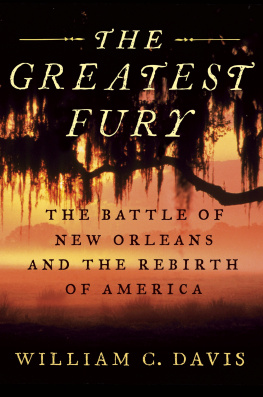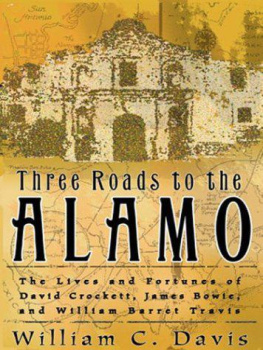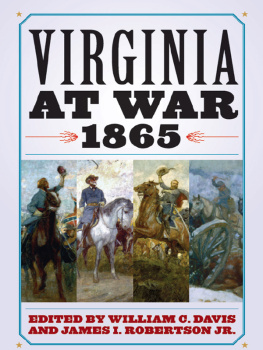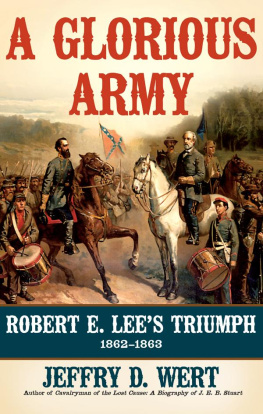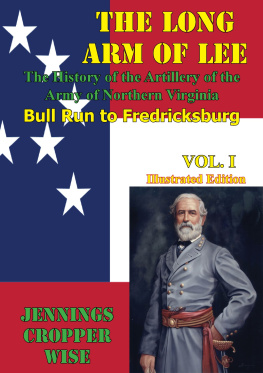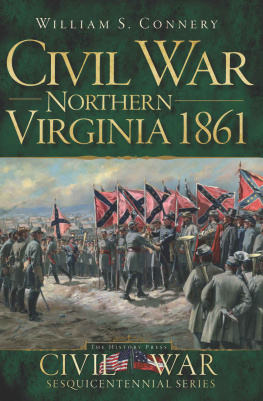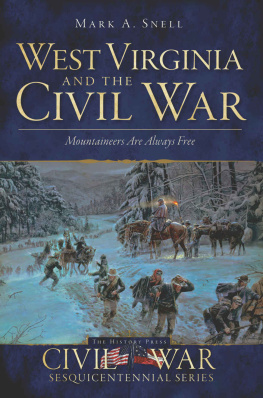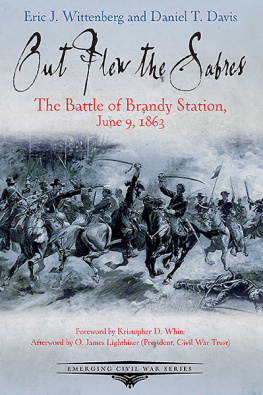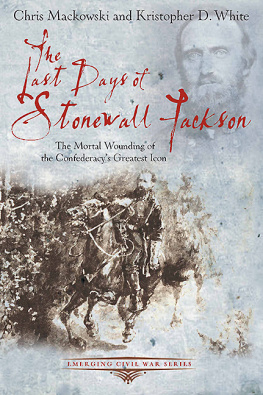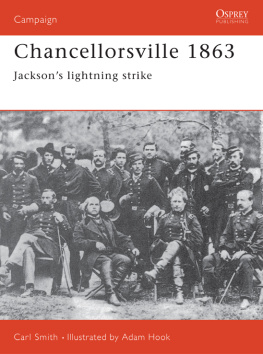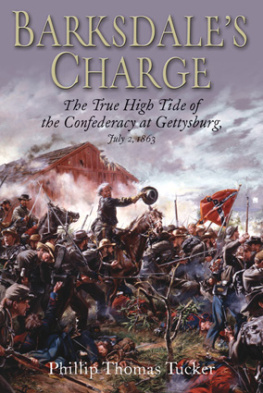Virginia at War, 1863
VIRGINIA
AT WAR
1863
Edited by William C. Davis
and James I. Robertson Jr.
for the Virginia Center for Civil War Studies


Copyright 2009 by The University Press of Kentucky
Scholarly publisher for the Commonwealth,
serving Bellarmine University, Berea College, Centre
College of Kentucky, Eastern Kentucky University,
The Filson Historical Society, Georgetown College,
Kentucky Historical Society, Kentucky State University,
Morehead State University, Murray State University,
Northern Kentucky University, Transylvania University,
University of Kentucky, University of Louisville,
and Western Kentucky University.
All rights reserved.
Editorial and Sales Offices: The University Press of Kentucky
663 South Limestone Street, Lexington, Kentucky 40508-4008
www.kentuckypress.com
09 10 11 12 13 5 4 3 2 1
Library of Congress Cataloging-in-Publication Data
Virginia at war, 1863 / edited by William C. Davis and James I. Robertson Jr., for the Virginia Center for Civil War Studies.
p. cm.
Includes bibliographical references and index.
ISBN 978-0-8131-2510-7 (hardcover : alk. paper)
1. VirginiaHistoryCivil War, 18611865. 2. VirginiaHistoryCivil War, 18611865Campaigns. 3. VirginiaPolitics and government18611865. 4. VirginiaHistoryCivil War, 18611865Social aspects. 5. United StatesHistoryCivil War, 18611865Campaigns. 6. United StatesHistoryCivil War, 18611865Social aspects. I. Davis, William C., 1946 II. Robertson, James I. III. Virginia Center for Civil War Studies.
E534.V394 2008
973.7309755dc22 2008029096
This book is printed on acid-free recycled paper meeting the requirements of the American National Standard for Permanence in Paper for Printed Library Materials.

Manufactured in the United States of America.

| Member of the Association of
American University Presses |
Contents
Land Operations in Virginia in 1863:
High-water Mark and Beginning of the Ebb
A. Wilson Greene
Days of Misery and Uncertainty:
Childhood in Wartime Virginia
James Marten
A gift from God:
Missionary Teachers and Freedpeople in Southeastern Virginia
Benjamin H. Trask
James M. Prichard
Thy will, not ours:
The Wartime Ordeal of Virginias Churches
David Rolfs
The Virginian Wartime Scrapbook:
Preserving Memories on Paper
William C. Davis
Lincoln acted the clown:
Virginias Newspapers and the Gettysburg Address
Jared Peatman
Diary of a Southern Refugee during the War,
September 1862May 1863
Judith Brockenbrough McGuire
Edited by James I. Robertson Jr.
Preface
After all the activity of 1862 on the battlefields, the year that followed in some ways seemed like a return to 1861 for Virginians. There was but one major battle on their soil, though it cost them one of their two great heroes of the conflict. Other actions were minor by comparison, and the greatest battlefield effort of the year for Virginian armies took place in the North, at Gettysburg. Perhaps it is well that it was so, for by 1863 the pressures of the conflict, not just in the Old Dominion but all across the Confederacy, were turning other aspects of life in the state into battlegrounds of their own.
Consequently, this third volume of the series Virginia at War looks more inward, at what the war was doing to the people and their institutions by the midpoint of the conflict. From the outset, the approach of this series has been to provide only a broad outline of military operations of each year for reference and context, but otherwise to stay off the battlefield to examine the war experience in its political, social, economic, and even psychological aspects. In this respect 1863 is a particularly rich year for study, for by then the war was stamping its impress upon virtually everything in the average Virginians daily life. It interrupted the education of youth, disrupted the affairs of the church and challenged the faith of every flock, provided opportunities never before available to some of Virginias slaves, and pitted families against one another in miniature echoes of the war itself. It made Virginians look for new occupations to take their minds from the uncertainty and anxiety of what was happening at the front, and come to terms with what was happening among their brothers-turned-enemies in the North.
Preceded by the epic activity of 1862 and half a dozen major battles, and soon to be followed by the grueling military campaigning of 1864, the year 1863 itself was oddly a rather quiet year militarily for the Old Dominion. Only one major battle would be fought on its soil, though that one, Chancellorsville, would be the greatest victory of the Army of Northern Virginias career. Other than some inconclusive, might-have-been operations in the late fall, the big battlefield moments for Virginians after Chancellorsville would come on another states soil, in the North, in Pennsylvania. Yet it was still a season of considerable minor activity in southwest Virginia and in the southeast as well, in the always important Shenandoah Valley. The years land operations are ably outlined here by A. Wilson Greene, the author of one of the finest books yet written on a portion of the Petersburg campaign of 18641865. Greene is a distinguished public historian who spent many years with the National Park Service before becoming president of the Association for the Preservation of Civil War Sites (now the Civil War Preservation Trust). For more than a decade now he has been director of Pamplin Historical Park near Petersburg, Virginia, one of the nations most innovative Civil War interpretive sites.
War spares no one, but its impact on youth, especially during the Civil War, has largely gone unstudied until recent years. Whether the field armies were active or not, the mere existence of a war, and the hardships and shortages that maintaining large standing armies imposed on the civilian population, dictated that every category of civilian felt the war deeply. None felt it more than Virginias children who, though youth may have kept them happily unaware of just what was going on beyond their home orbit, could not help but notice the absence of fathers and brothers, the disappearance of schoolteachers, the scarcity of treats and even staples from their dinner tables, and the anxious and often anguished looks on their parents faces. By 1863 that shortage and hardship had finally come into virtually every home, for two years of war, the incredible casualties of Antietam, Chancellorsville, and especially Gettysburg, plus the expanding reach of army impressment officers taking food and livestock from civilian barns and pastures, meant that everyone felt the pinch now, even the youngest. Meanwhile, the closed schools, the shortage of books and learning materials, the funerals of fathers killed in action, all brought the battlefield to the hearth. James Marten takes a penetrating look at the wartime experience of the Old Dominions children in all its ramifications. In many ways it was no different than that of children in other states north and south, but Virginia was still a special case because so much of it was occupied territory from early in the war, and because it hosted more fighting than any other state: for its youth, the war was always on the doorstep. Marten is the author of


